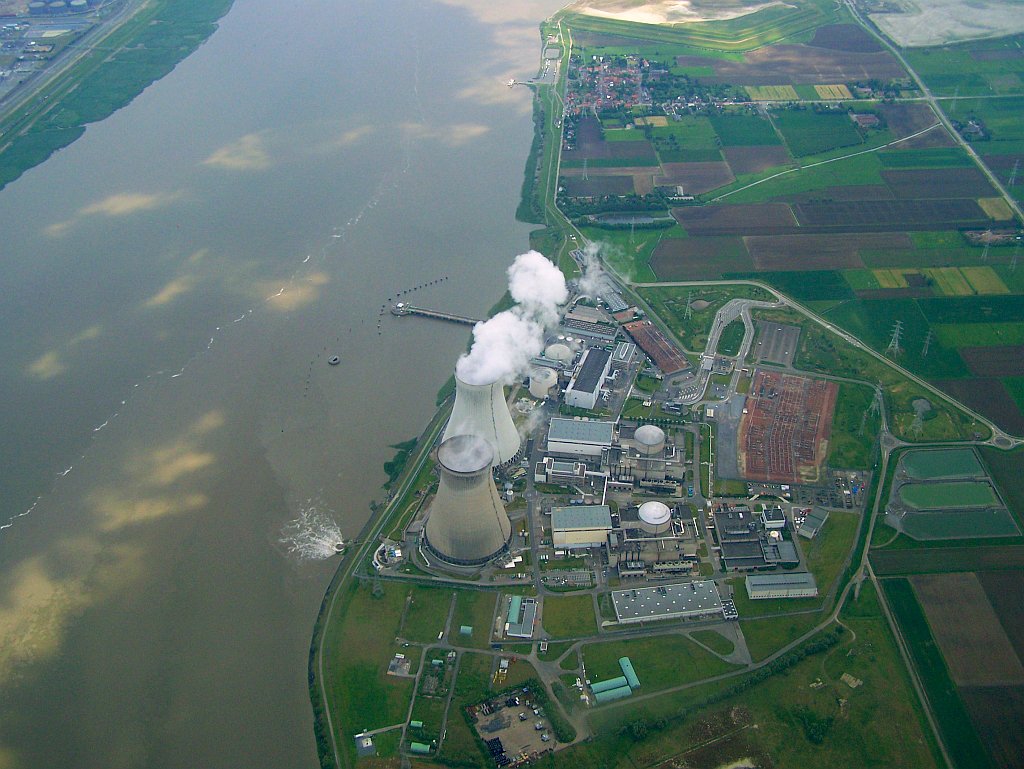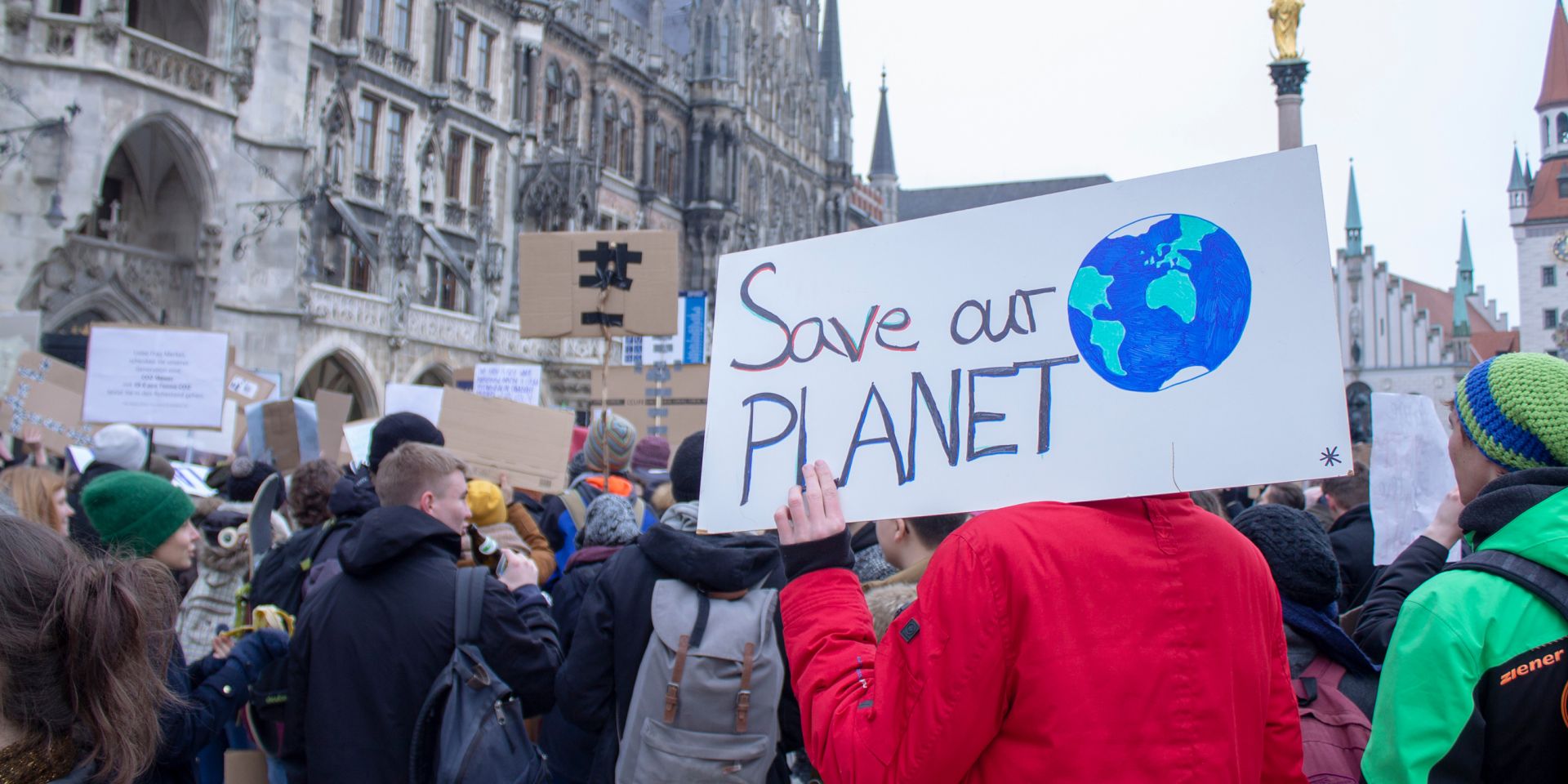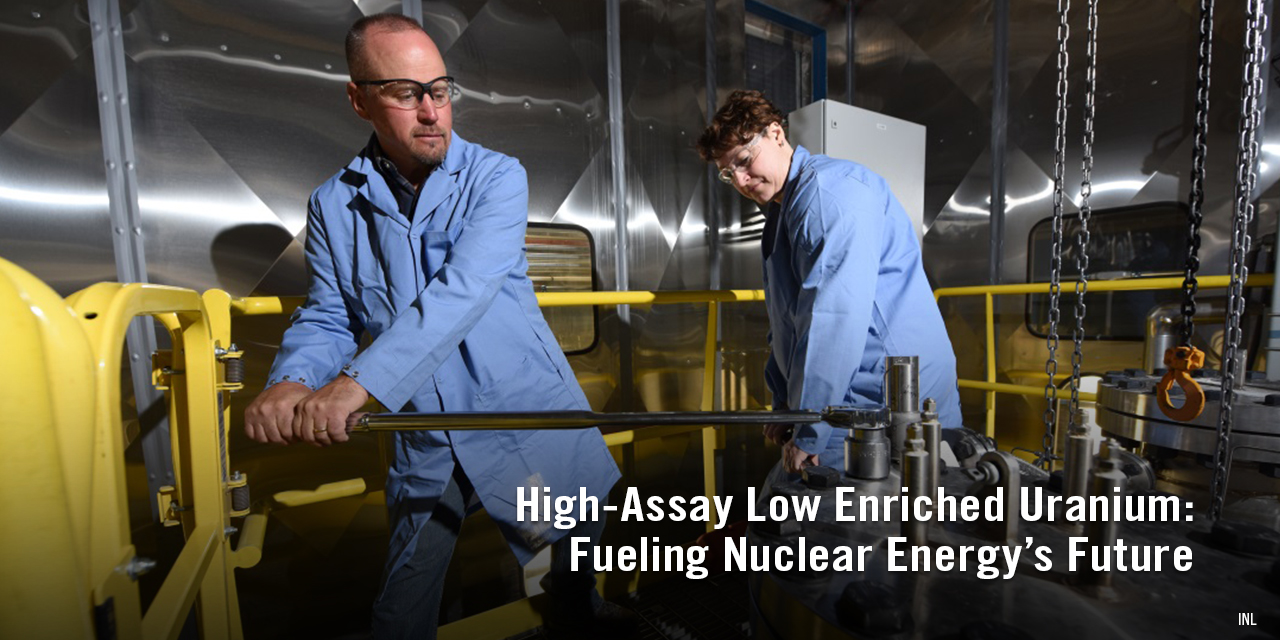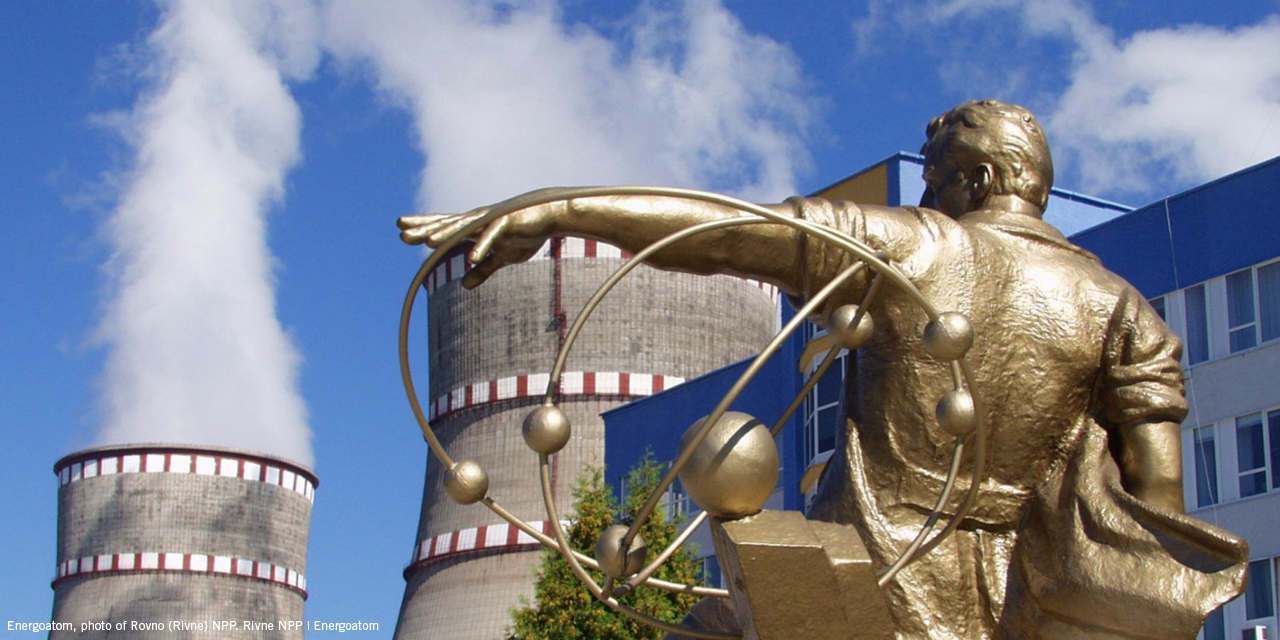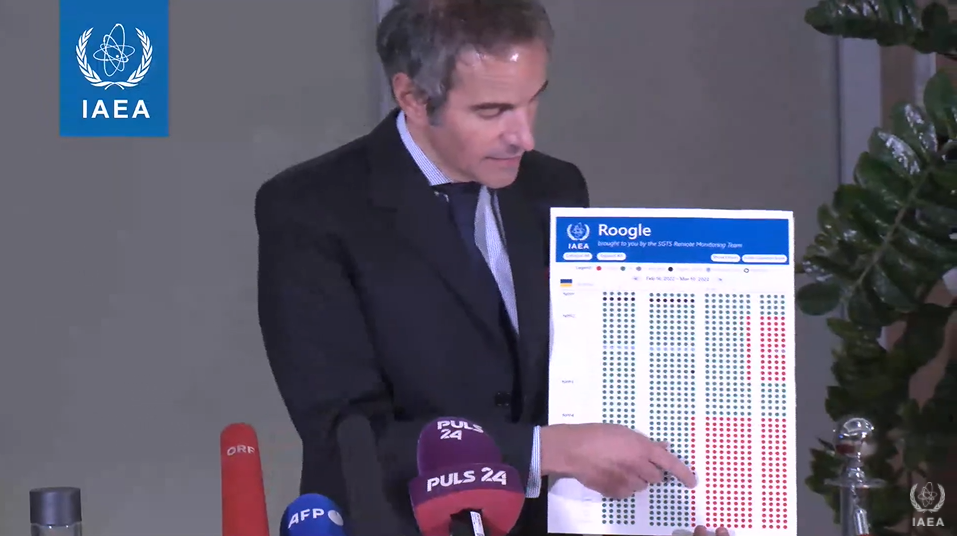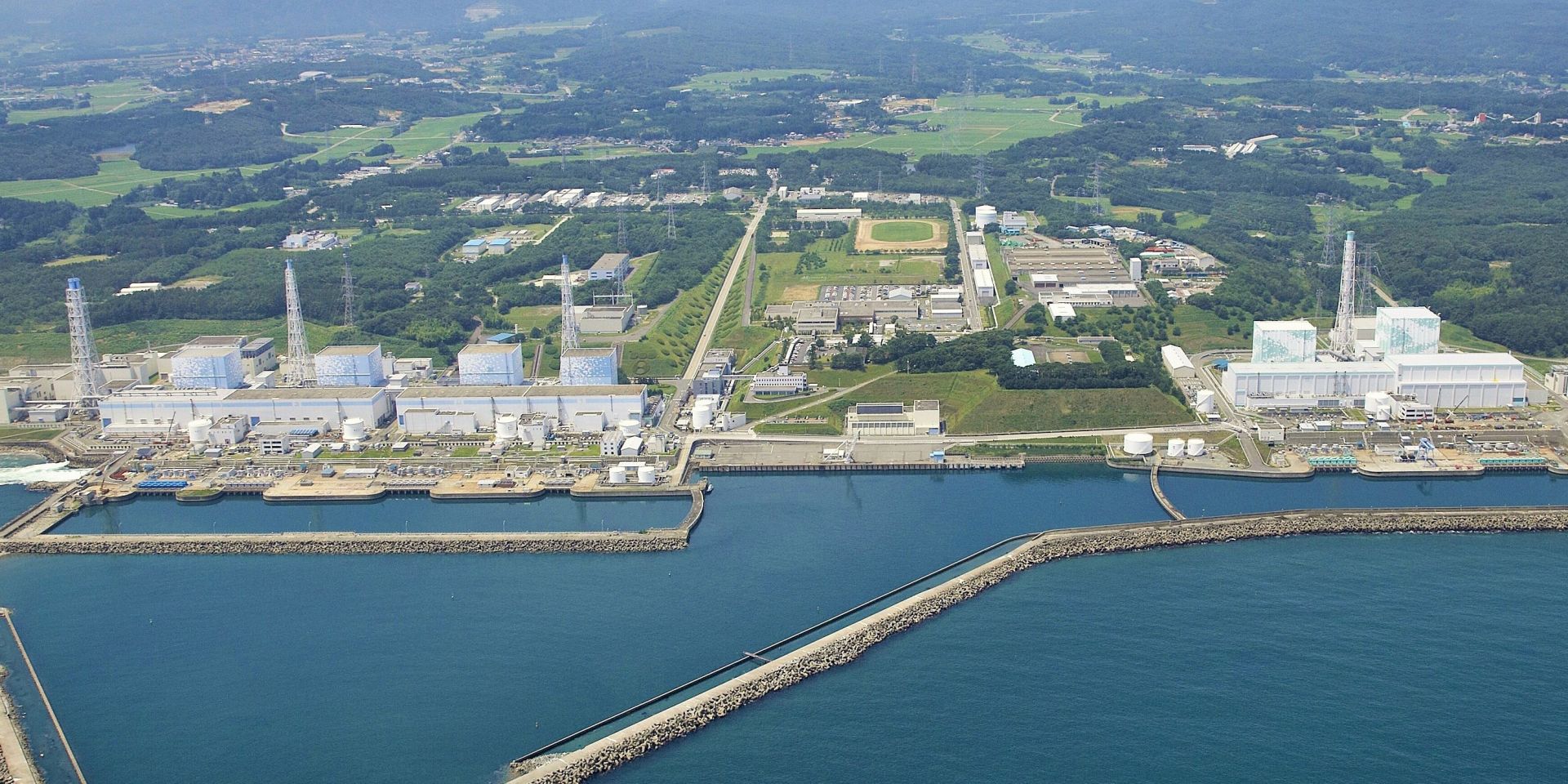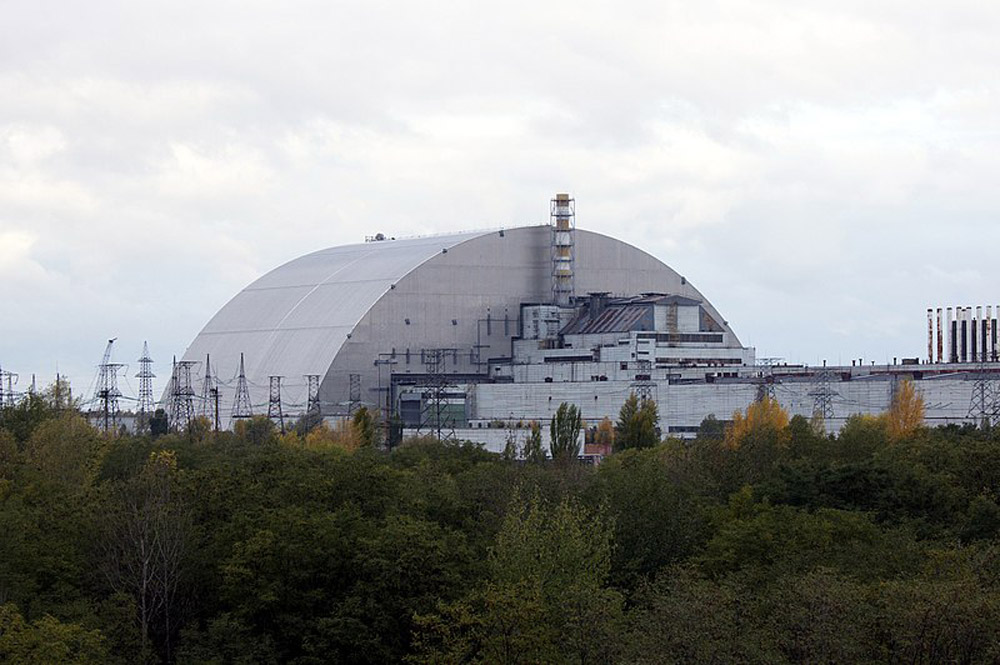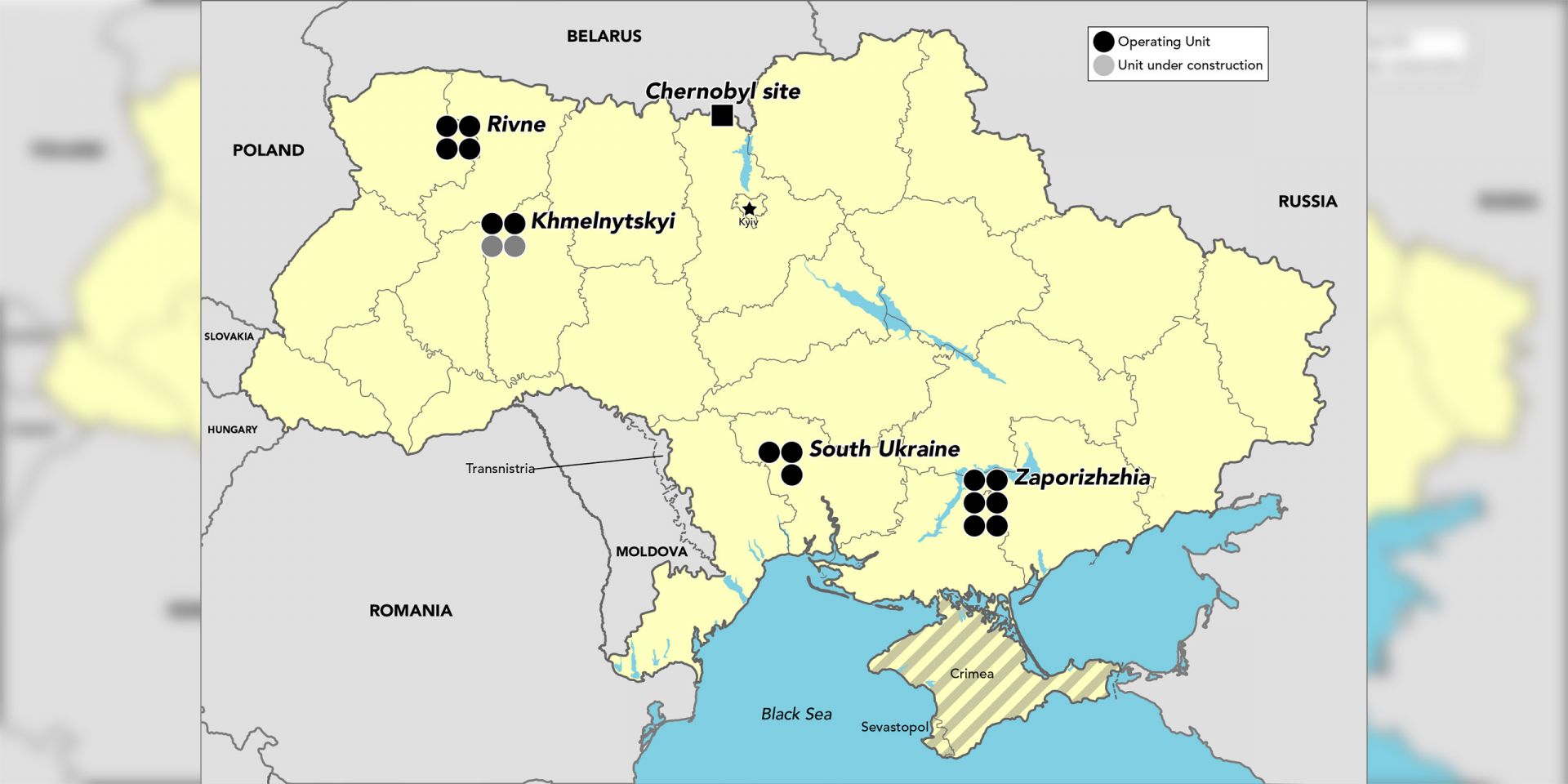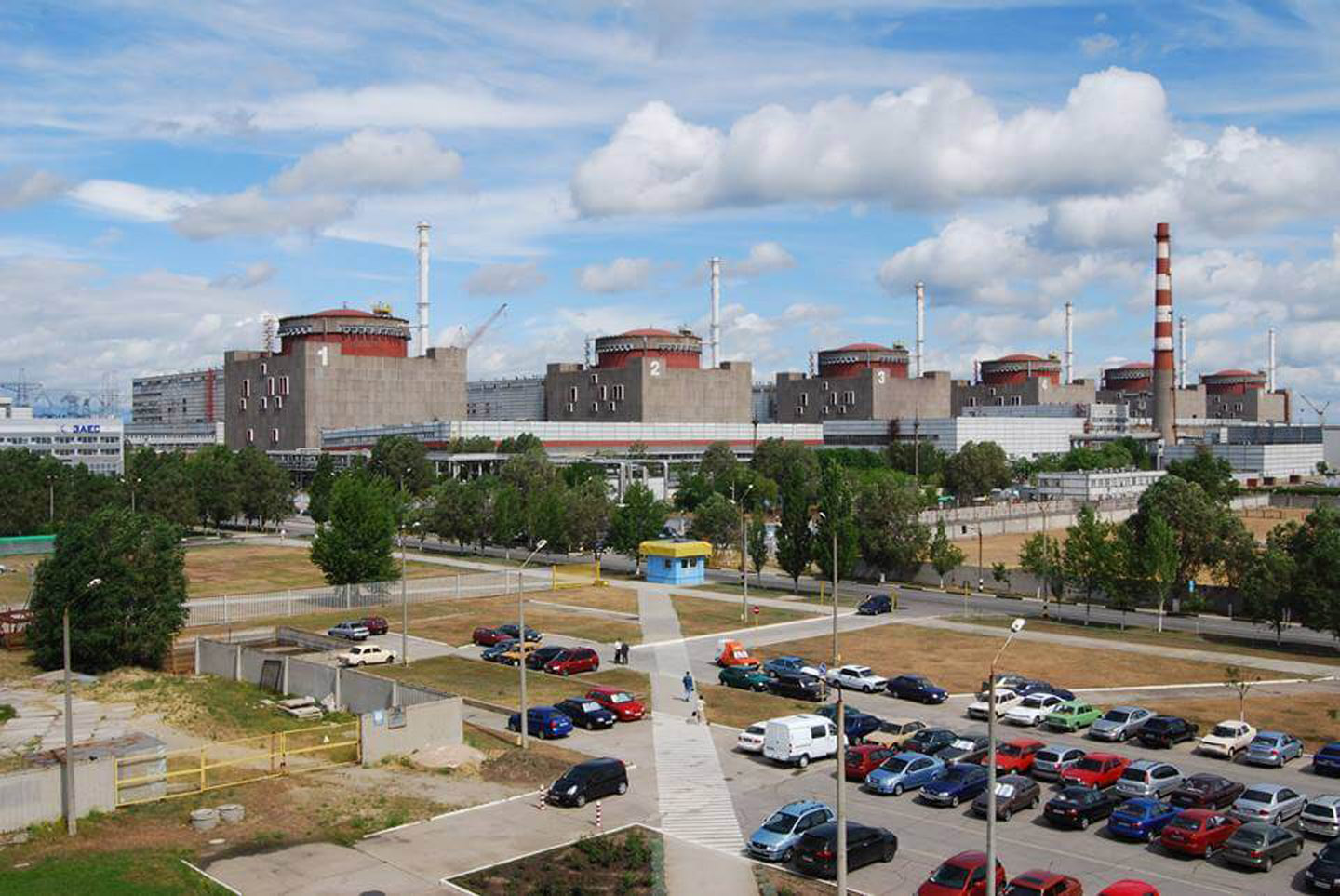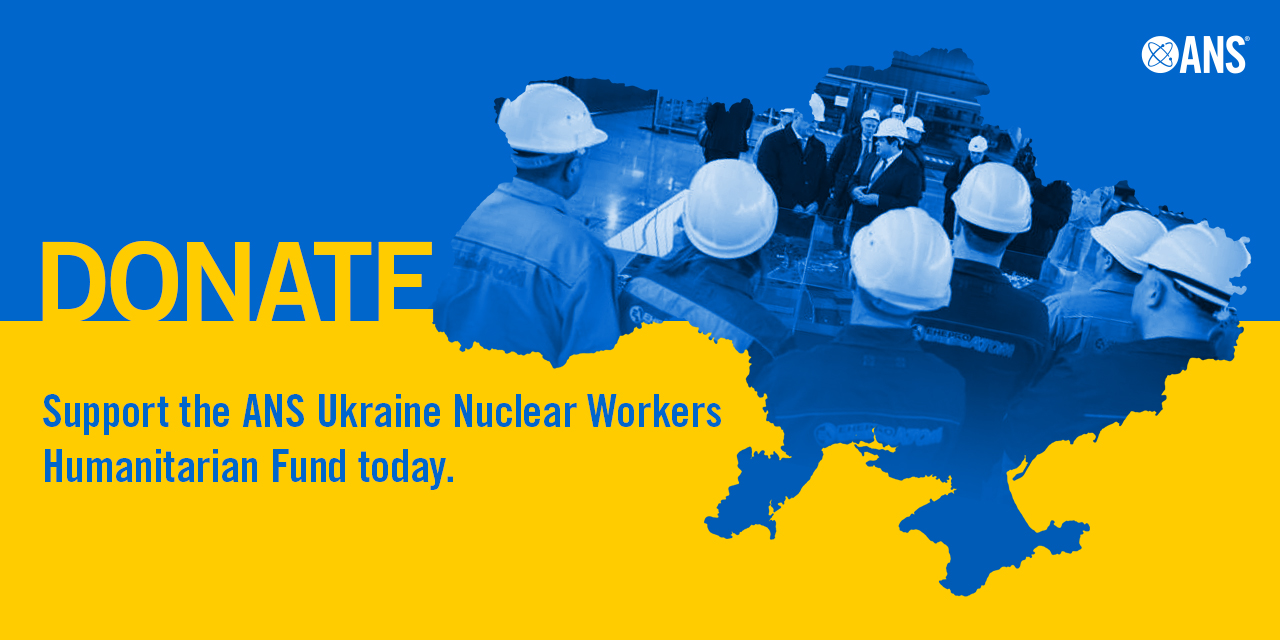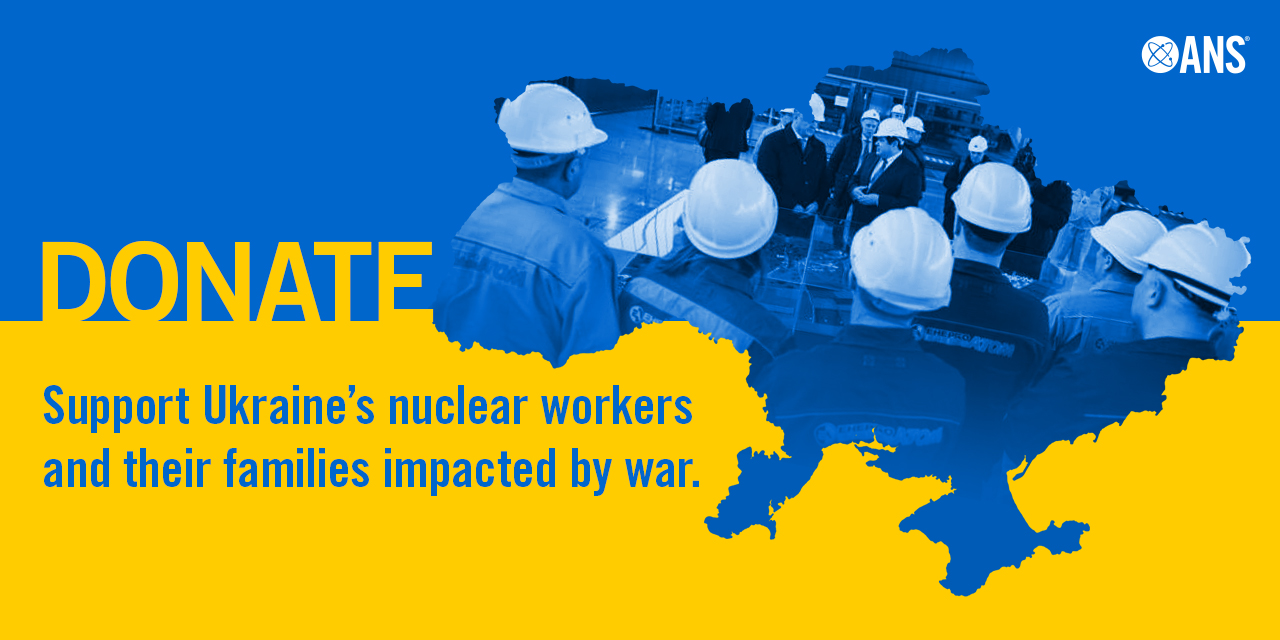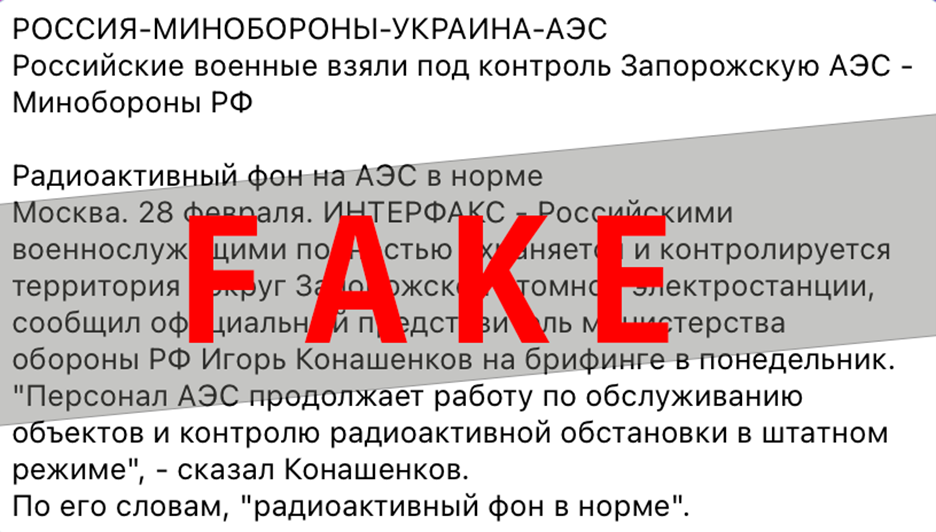The Doel nuclear power plant in Belgium.
In a move motivated by Russia’s invasion of Ukraine and the sky-high energy prices hitting Europe as a result, the Belgian government last Friday announced its intention to extend the operational life of two of its nuclear power reactors, Doel-4 and Tihange-3, through 2035.
Europeans are taking resolute steps to reduce their output of climate-changing gases, but some countries are moving in the wrong direction.
Europeans are taking resolute steps to reduce their output of climate-changing gases, but some countries are moving in the wrong direction.
Many countries are adding solar and wind, which are low-carbon energy sources. Some have moved to biomass, the value of which as a climate cure is not clear. A few are adding reactors, while others are defining nuclear as dirty energy and natural gas as “clean” and are changing their generation mix accordingly.
This is the first newsletter of the ANS Rapid Response Taskforce on the Russian invasion of Ukraine. The Taskforce will issue updates as needed.
Energoatom, photo of Rovno (Rivne) NPP. Rivne NPP | Energoatom
External power supplies were restored to the decommissioning Chernobyl facility following repairs of damaged power lines — before being reportedly damaged again, according to Ukraine's transmission system operator Ukrenergo.
At the press conference, Grossi explained that the IAEA has stopped receiving safeguards information from certain monitoring systems installed at Ukrainian nuclear facilities, as indicated by the red dots.
IAEA director general Rafael Mariano Grossi traveled to Antalya, Turkey, on March 10 to meet with Ukrainian foreign minister Dmytro Kuleba and Russian foreign minister Sergei Lavrov to discuss the safety and security of Ukraine's nuclear facilities. After returning to Vienna, Grossi held a press conference at which he said that a “common denominator” had emerged from the discussions and that both sides agree that something needs to be done. “They are both ready to work and to engage with the IAEA,” he said. “So this is a very important building block.”
The Fukushima Daiichi site before the accident.
Today’s #ThrowbackThursday post looks back at some of Nuclear News’s reporting on the Fukushima Daiichi accident, which was initiated 11 years ago tomorrow. The news reporting includes the initial coverage of the event from the pages of Nuclear News in April 2011 and the in-depth coverage of the 2011 ANS Annual Meeting, where special sessions focused on the accident.
Energoatom’s Zaporizhzhia plant, in southeastern Ukraine. (Photo: Energoatom)
Latest on Zaporizhzhia: As of this morning, Russian military forces have taken control of the Zaporizhzhia nuclear power plant in Ukraine. The Russian military began shelling the Zaporizhzhia nuclear plant in southeastern Ukraine, resulting in a fire at the site on Thursday.
The American Nuclear Society calls on the world nuclear community to donate now to help Ukraine’s nuclear workers and their families impacted by war
The American Nuclear Society (ANS) has launched a humanitarian relief fund to help Ukraine’s nuclear professionals and their families impacted by the military invasion of their country.
Energoatom issued this graphic dismissing Russian claims of control of Zaporizhzhia as “fake” on February 28. (Image: Energoatom)
Denying a Russian claim of control of the Zaporizhzhia nuclear power plant, Energoatom earlier today declared that “Russian propaganda media reports that the invaders allegedly took control of the Zaporizhzhia NPP are a cynical fake.” According to Energoatom, all four of its nuclear power plants are under the control of Ukraine and are operating normally with enhanced defenses.
February 24, 2022, 9:48AMUpdated February 24, 2022, 3:10PMNuclear News A map of Ukraine and the nuclear sites around the country.
Russian forces invaded Ukraine today in what news sources are calling the largest military attack of one state against another on the European continent since World War II. These developing events follow an extraordinary meeting of the NATO-Ukraine Commission in Brussels on February 22, when NATO secretary general Jens Stoltenberg said that Russia’s recent actions constituted “serious escalation” of tensions in the region and that Russia had shifted from covert attempts to destabilize Ukraine to overt military action. Well before this juncture was reached, news outlets had questioned the readiness of Ukraine’s nuclear power fleet to operate safely in a country at war and ensure energy security, while Energoatom, which operates all of Ukraine’s nuclear power reactors, has issued assurances of safety and security.
